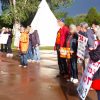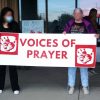
A recent project featuring photographs by Native American women has brought into focus some of the challenges they have faced — and highlighted their strengths and resilience.
Ramona Herrington, cultural outreach manager for the Interpersonal Violence Research Laboratory, and Preciouse Trujillo, senior community liaison with the Rapid City Family Project, led the project, which documented challenges and triumphs of Lakota women with histories of incarceration. Katie Edwards, IVRL director and professor of educational psychology and CYFS, worked with Herrington and Trujillo on the project.
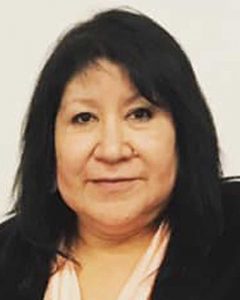
The project featured 13 Lakota women in South Dakota — a state with one of the highest incarceration rates of Indigenous women — using “photovoice,” a research method that uses photography and group dialogue to help participants deepen their understanding of a community issue or concern.
The project explored distinct challenges faced by Lakota women who have been incarcerated and identified strengths to support them in overcoming those challenges.
The first session focused on rapport building among participants and facilitators, and included project instruction and camera training. The first photovoice assignment was also selected.
In the five meetings that followed, women viewed and discussed their photos, including sharing what relatives saw in each photo, how the photos related to their lives, and how to best educate and generate change to help formerly incarcerated women.
About a dozen photos were discussed at each session, after which the following week’s theme was selected.
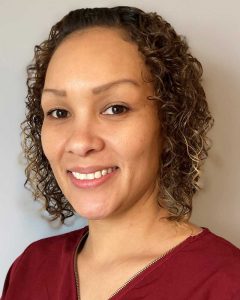
“Some of the problems these women featured through their photography were issues they had not addressed, accompanied by complex emotions,” Herrington said. “It was a relief for them to know there were others having the same issues, and that they weren’t alone. They knew they were having problems, but didn’t realize the depth of it; they just hadn’t talked about it before.”
At the sixth meeting, women completed a survey about their perceptions of photovoice and how the project impacted them. In the seventh and final session, participants shared their ideas for how data could be used to enact change.
One theme that resonated throughout the project, Trujillo said, was the difficulty for many women to adjust and reintegrate into society after their incarceration. Finding employment was challenging, and maintaining secure housing was a barrier that led to homelessness for some.
“They opened up and talked about it, and encouraged and inspired one another to keep going and not give up, no matter what the obstacles,” she said. “Just to know you’re not alone and that others were going through the same issues is huge.”
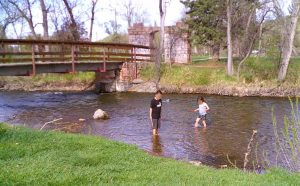
Participants reported that they enjoyed learning new skills, such as photography and better communication, and were grateful for the opportunity to share their stories in a safe space that encouraged healing from past traumas and losses — all while learning more about themselves and others.
“The thing that stood out to me the most about the women in this project was their kindness, gratitude and generativity,” Edwards said. “Despite the horrific things they experienced and all the people and systems that failed them, they were incredibly resilient. Much of that resilience came from their connection to Lakota culture and connection to others.”
Edwards and her team are working to secure funding to provide additional culturally grounded, empowerment-based programming to formerly incarcerated Lakota women.
